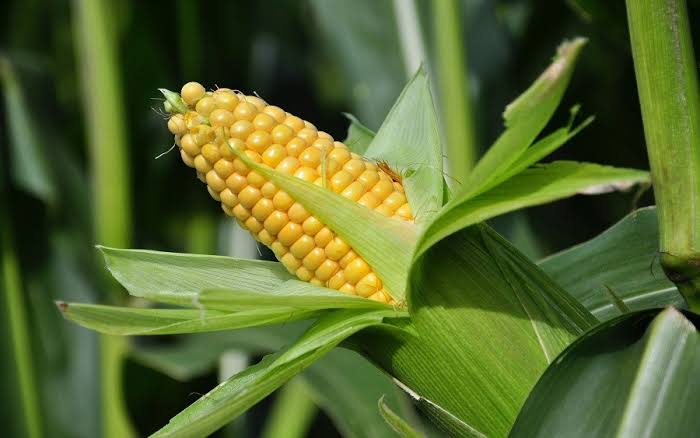FG introduces disease resistance maize to farmers in A’Ibom – Official

The Federal Government under the National Agricultural Seed Council (NASC) has introduced a disease resistance maize to farmers in Akwa Ibom.
Mr Mmoeyak Usua, the Regional Director of the Council, South-South Zone, disclosed this during the 2020 Farmers’ Field Day organised by NASC in collaboration with Premier Seeds, Du Pont and Bayer Seed Companies in Uyo on Wednesday.
Usua said that the hybrid seed known as OBA SUPER 13 has the capacity to produce between 5,000 tons and 7, 000 tons of maize per hectare, three times a year.
He said the high yielding seed passed through a series of international research tests and it was discovered as having superior quality over the local seeds.
He said the regulatory agency had tested the seed and found it to be disease and grass resistance.
“This particular demonstration was meant to compare the superiority of the hybrid seed with local materials. The hybrid does better than the local materials.
“They are disease and grass resistance, and the cobs are very big.
“They are matured and doing well, because when we planted them; in the whole of August 2020, there was no rain but they survived. It can be planted three times a year.”
He said that the seeds had passed through a series of research tests. First, it has its origin from the International Institute for Tropical Research. They passed it down as foundation seed where it was certified.
“We want farmers to know that there is an improved seed and the new variety has high yielding capacity of between 5,000 tons and 7, 000 tons per hectare,” he said.
Usua warned farmers in the region to buy the seed from only registered seed companies.
In her remarks, the Commissioner for Agriculture, Akwa Ibom, Dr Glory Edet, applauded the council and the seed companies over the improved seed introduced to the farmers.
Edet, who was represented by the Assistant Director, Agriculture Directorate, Mr Edet Udoaka, appealed to government to continue to support maize farmers to enhance food sufficiency in the country.
